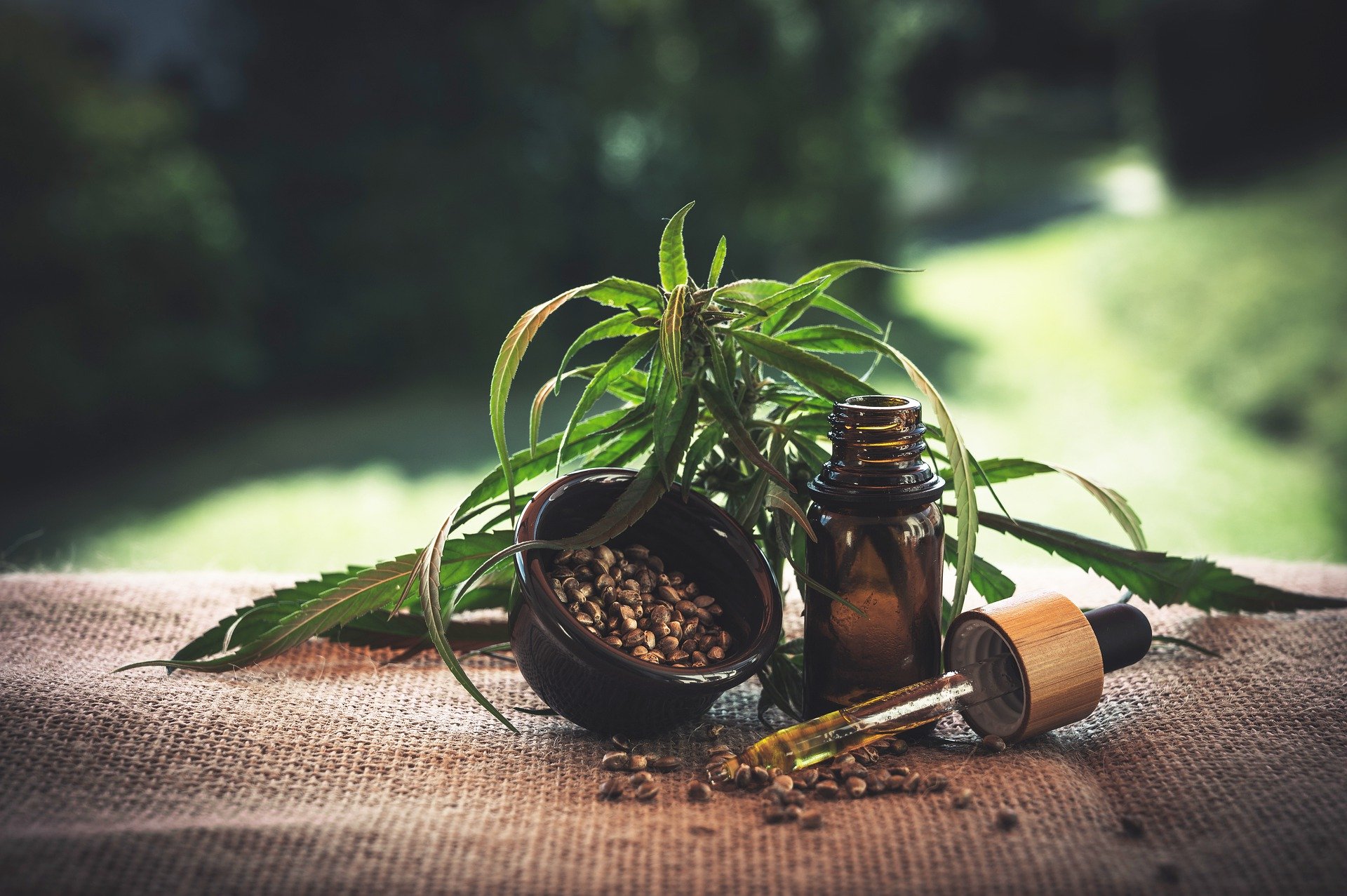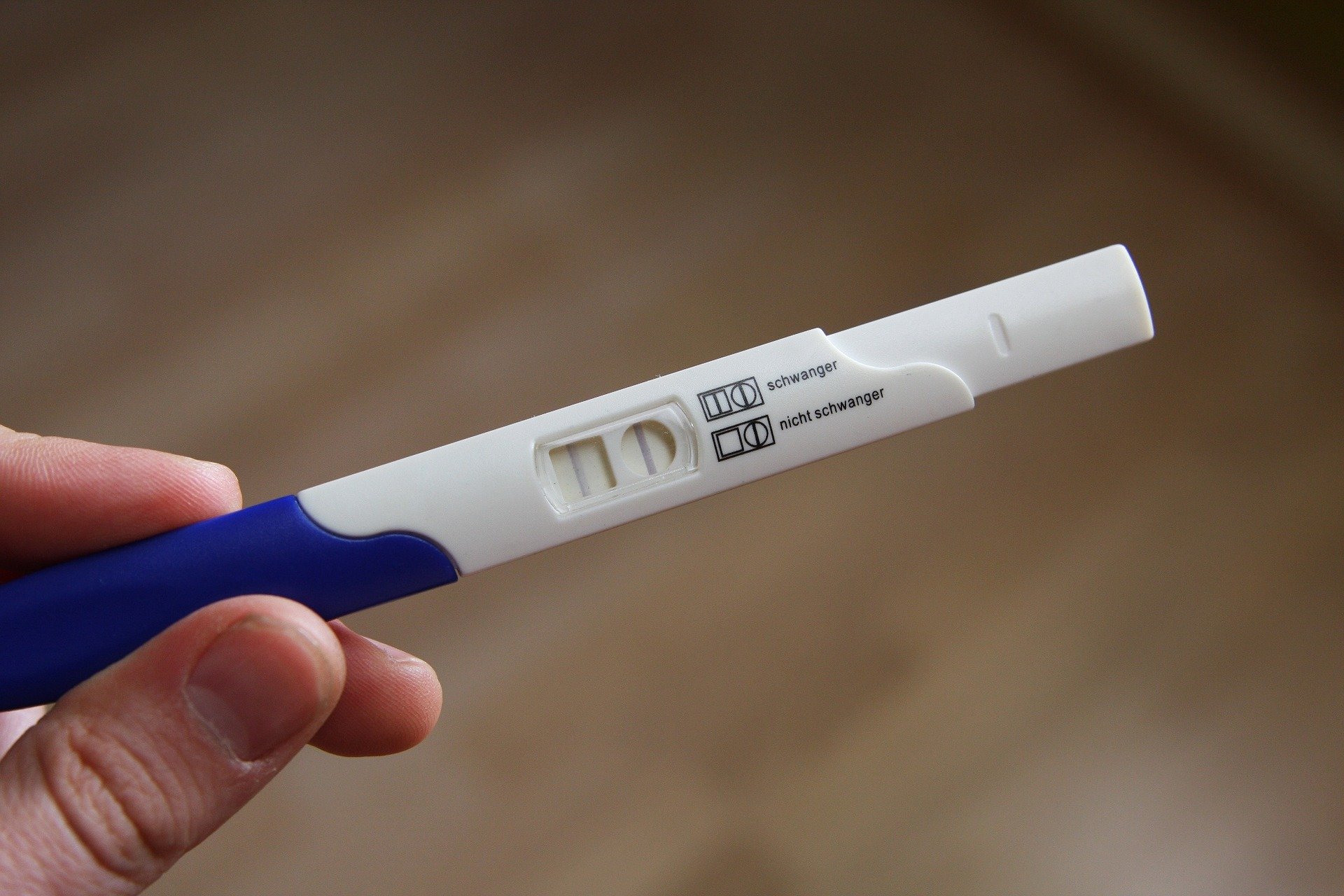
CBD and Anxiety: How it Can Help*
Even if you don’t have a medically diagnosed anxiety disorder, this is an anxious time for the world. It’s well worth investigating different options for calming that anxiety, because that can help your mental health and your physical health and improve your ability to make clear decisions and take the actions you need to at times of crisis.

One of the much lauded ‘magic bullets’ that is claimed to help soothe anxiety fast is CBD. And, although regulators remain a few steps behind when it comes to THC and marijuana legislation, the benefits of using CBD to help with a number of conditions, anxiety included, are commonly known now, and it is legal in all 50 states (albeit with slightly different regulations from state to state). If you’re interested in wellness, or have simply looked at the window of a health food shop recently then you well have become aware of the world conquering popularity of CBD products and with good reason as it comes with several benefits. Today we’re here to ask can CBD help with anxiety? And how does it work?
What is CBD?
Let’s start with the basics. CBD is a naturally occurring compound extracted from the leaves and buds of the Cannabis or Hemp plant. Oil is extracted from the plant and filtered for impurities and other compounds, leaving only the CBD behind. This is important, because CBD is only legal to sell if it’s free of (or, more specifically, contains no more than .2% traces of) THC. This is another compound found in cannabis: the one that causes the distinct intoxicating effects that make it so popular. If CBD products contain too much THC they become controlled substances and can’t be sold!
CBD (which stands for cannabidiol) is a cannabinoid: a class of compounds that are made up of lipids (fat based molecules), and act on the body’s endocannabinoid system: a collection of receptors concentrated in the central nervous system (with more spread throughout the body). Different cannabinoids has different effects when they bind on to these receptors.
What Does CBD Do?
CBD has lots of different effects on the body – it’s been called by some a ‘promiscuous molecule’ for the sheer number of biochemical reactions it has. Scientific consensus on the effects of CBD has not yet emerged, as research is in its early stages. This means we can’t say with authority what CBD does, and it absolutely shouldn’t replace a visit to the doctor, but we can look at early research and anecdotal evidence to see the emerging situation.
It does appear that the science backs up the claims that CBD soothes anxiety. It appears to affect the brain (via the endocannabinoid system) in a similar way to some clinical anti-depressant and anti-anxiety drugs. It also lacks many of the side effects that make prescription drugs a struggle for so many.
How Long Does It Stay in the System?
If you are to use CBD, it is essential to know how long marijuana or CBD medication can stay in the body so you do not overdose or that you will know whether you’ll pass or fail a drug test—something that typically happens at work or during preemployment. However, there are different factors that contribute to how long the substance will remain in your body and how long its effect will last.
Some of the factors that can affect how long it stays in the system include your age, gender, genetics, and BMI. The dosage of the CBD medication, how it was administered, frequency of use, and if you have used any other medication alongside it all matter too.
When it comes to detection, these same factors can be applied. Nevertheless, the general rule of thumb is that marijuana can be detected in the urine from one to 30 days or more; in the saliva, from 24 hours to seven days; in the hair, from up to 90 days; and in the sweat, from 7 to 14 days. In the event you need to go through a random drug test at work and you tested positive, you may show proof that you are using CBD or marijuana for medical use.




